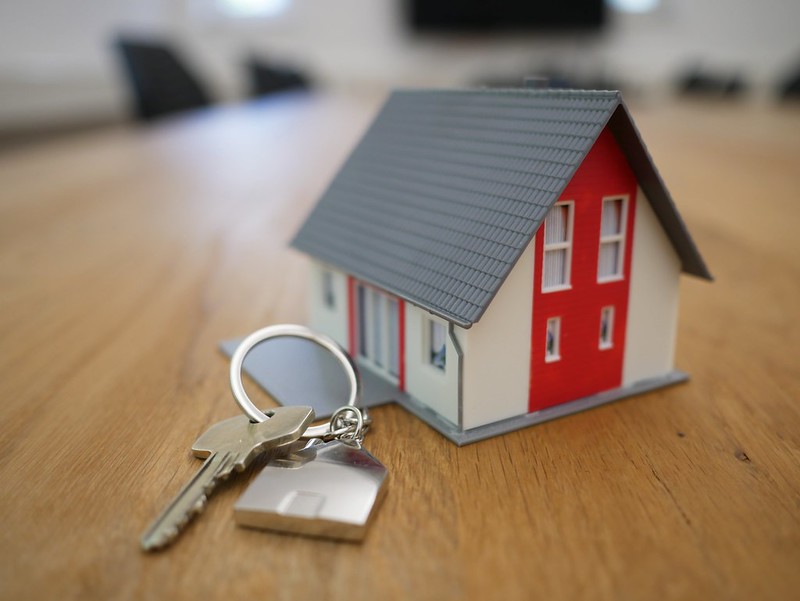
House prices in London have consistently underperformed those in the rest of the UK over the past eight years due to a combination of factors including exorbitant property costs,
shifting post-pandemic housing preferences, and elevated mortgage rates.
Recent official data indicates that London experienced a 4.8 percent decline in house prices in February 2024 compared to the previous year, a stark contrast to the marginal 0.2 percent contraction observed across Britain during the same period.
Despite being the most expensive region in the country, with the average property priced at £503,000—well above the national average of £281,000—London has struggled to keep pace with the broader housing market.
This divergence in performance between London and the rest of the UK has been evident in Office for National Statistics (ONS) data since 2016, reflecting the enduring challenges faced by London's housing market.
Analysts attribute this trend to the prohibitively high cost of housing in the capital, exacerbated by the market disruptions caused by the COVID-19 pandemic, which prompted an exodus from major urban centers.
While UK nominal house prices soared by 37 percent between February 2016 and February 2024, the corresponding increase in London was a mere 10 percent, according to a Financial Times analysis of ONS data.
Robert Gardner, chief economist at Nationwide, highlighted the sustained decline in London house prices relative to the national average since 2016, driven primarily by affordability constraints in the capital.
The period following the 2008-09 financial crisis witnessed robust growth in London house prices, fueled by strong employment figures and substantial business investment. However, by 2016, London house prices had surged to more than double the national average, reaching record levels relative to earnings.
Tom Bill, head of UK residential research at Knight Frank, identified affordability as the primary factor behind London's underperformance in recent years, with soaring prices placing homeownership out of reach for many residents.
Brexit-related uncertainties and regulatory changes in the mortgage market further compounded London's housing woes, contributing to a slowdown in price growth.
The onset of the COVID-19 pandemic intensified the "race for space" phenomenon, as buyers sought larger homes, thereby prolonging London's housing market stagnation despite record-low interest rates nationwide.
While house prices across the UK surged by 22 percent since February 2020, London experienced a modest 6 percent increase during the same period, underscoring the capital's ongoing struggle to keep pace with broader market trends.



































